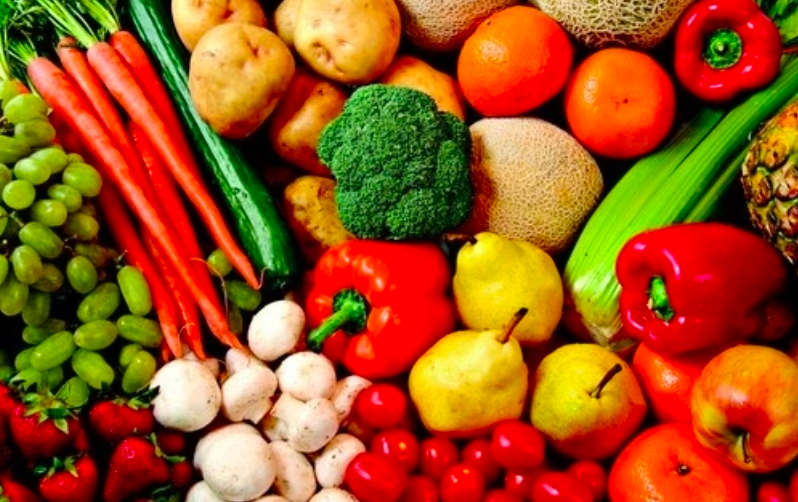Gout, a crystal-induced arthritis, is characterized by recurrent acute arthritis attacks. It occurs when sodium urate crystals deposit in tissues, caused by high blood uric acid levels. This results from a disorder in purine metabolism.
Gout not only causes pain during acute arthritis flares but also carries the risk of serious complications like kidney failure, hypertension, cardiovascular disease, and stroke. According to Dr. Tran Thi Hien, a nutritionist at Bach Mai Hospital, a scientific diet can help control and prevent these recurrences.
The nutritional goal for gout patients is to reduce blood uric acid levels, maintain a healthy weight, manage comorbidities and blood lipid disorders, prevent complications like kidney failure, hypertension, and stroke, and improve their quality of life.
 |
Gout patients should increase their intake of green vegetables. Photo: Morning.co.uk. |
Gout patients should increase their intake of green vegetables. Photo: Morning.co.uk.
Basic nutritional principles for gout patients include consuming sufficient energy, 25-35kcal/kg of body weight per day, depending on activity level and health status. Protein intake should be maintained at 1g/kg of body weight per day, prioritizing low-purine sources like eggs, milk, and tofu. Fat should account for 20-25% of total energy, keeping cholesterol under 300mg/day. Patients should increase their intake of green vegetables, fresh fruit, and fiber to control weight and aid in uric acid elimination.
Patients should pay close attention to the purine content of their food. Regularly consume low-purine foods, limit moderate-purine foods, and completely avoid high-purine foods.
When preparing food, limit red meats like beef, dog meat, and water buffalo meat. Boil meat and fish and discard the broth; if stir-frying or pan-frying, parboil them first. Never use bone broth or meat broth.
Regarding fluid and fruit intake, patients should drink 2-2.5 liters of water daily, adjusting according to activity level and weather. Avoid consuming excessive amounts of sweet fruit, as sugar increases uric acid reabsorption in the kidneys.
Patients must completely abstain from alcohol, including beer, white wine, champagne, and dark beer. Alcohol is harmful because it increases the catabolism of purine nucleotides, increases uric acid production, causes dehydration and increases blood lactic acid, limits urate excretion through urine, and promotes purine retention and urate crystallization. Red wine consumption should be very limited, under 100ml/day (equivalent to 5-10g of alcohol), avoided during acute attacks, and not consumed continuously.
Dr. Hien emphasized the important role of nutrition in treating and preventing gout complications. A reasonable diet combined with a healthy lifestyle and adherence to the treatment plan will help control uric acid levels, limit recurrences, improve overall health, and enhance quality of life.
Le Nga












